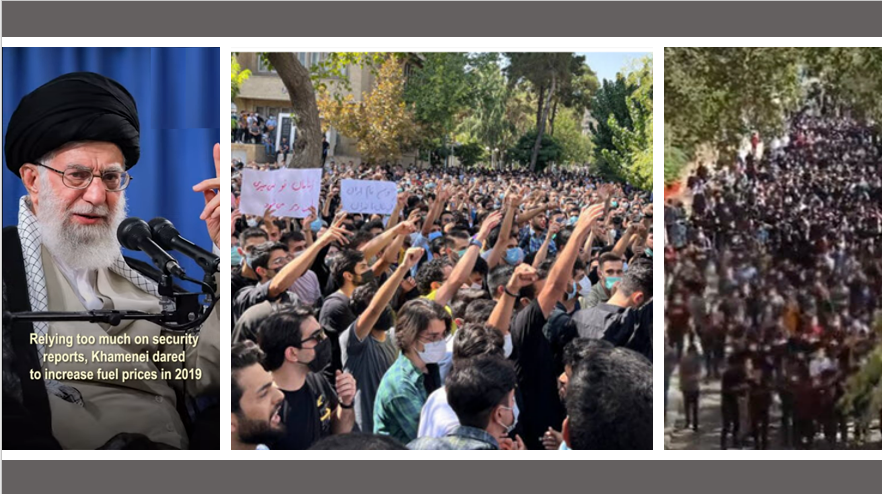
Their claims have been seen as a deviation from diplomatic norms and have raised eyebrows within the international community. Following the controversial June 20 raid on MEK members’ residence in Albania, Iranian officials were quick to claim responsibility. The state-run Ensaf News cited a ‘security source’ attributing the attack to Iran’s diplomacy and inter-agency coordination.
In a Friday prayer sermon, Supreme Leader of Ilam, Allahnoor Karimi Tabar, hailed the raid as a victory for Iran’s diplomacy over Western nations. Furthermore, the Mehr news agency attributed Iran’s recent diplomatic successes, including the release of Assadollah Assadi, an Iranian diplomat held in Belgium, to their active efforts against the MEK, whom they derogatorily label as “hypocrites”.
However, amidst these exultations, the Iranian Resistance celebrated a significant win when the French judiciary overturned a ban on their annual Free Iran rally. The rally, held in Paris on July 1, attracted thousands of Iranians and international supporters. Concurrently, a solidarity gathering was held at the National Council of Resistance of Iran (NCRI) headquarters, hosting hundreds of international leaders and legislators.
The volcanic uprising in November washed away all unfounded claims. It was proven that it is possible to inspire and organize protests. It was proven that despite all the repression and crimes, our people have a spectacular desire and readiness to continue their uprising. #Iran pic.twitter.com/Fs9hz4iSLj
— Maryam Rajavi (@Maryam_Rajavi) November 1, 2020
As the Free Iran World Summit progressed into its fourth day, Sepehr Khalaji, head of the Iranian administration’s information council, touted promising developments in intelligence gathering. Mohammad Bagher Ghalibaf, the Parliament speaker, echoed this sentiment during a Qom gathering, emphasizing the regime’s power and capabilities.
However, the regime’s narrative has been called into question. Why would it risk jeopardizing its credibility, both with Western partners and public opinion, by prematurely celebrating these situations?
Over the past four decades, the Iranian regime has shown a consistent pattern of perceiving threats not from external adversaries, but from within its borders. The Khamenei-led establishment has been grappling with an ongoing series of nationwide uprisings, fueled by political and socio-economic dissatisfaction since 2017. The regime’s dwindling support base and wavering morale indicate the precariousness of its position.

A recent interview with Javad Muguee, a state-affiliated filmmaker specializing in MEK-related topics, unveiled the regime’s primary focus on pleasing its inner circle rather than informing the broader public. This strategy is only further demoralizing their loyalist base.
The Free Iran World Summit continues to showcase a united, determined Iranian resistance movement with domestic roots and international backing. In response,

But, despite its attempts, the Iranian regime’s desperate rhetoric and premature victory declarations have only highlighted their weakening grip on power and inability to suppress the growing dissent within its borders. As the first anniversary of the uprising approaches, the regime’s future hangs in the balance.
 MEK Iran (follow us on Twitter and Facebook), Maryam Rajavi’s on her site, Twitter & Facebook, NCRI (Twitter & Facebook), and People’s Mojahedin Organization of Iran – MEK IRAN – YouTu
MEK Iran (follow us on Twitter and Facebook), Maryam Rajavi’s on her site, Twitter & Facebook, NCRI (Twitter & Facebook), and People’s Mojahedin Organization of Iran – MEK IRAN – YouTu







